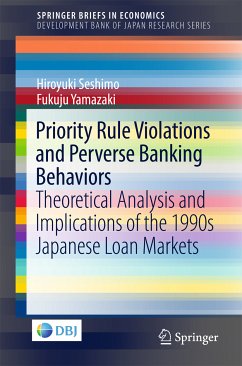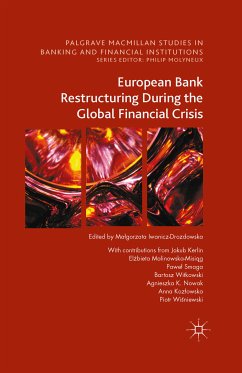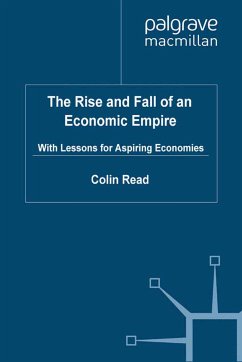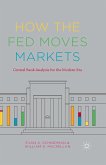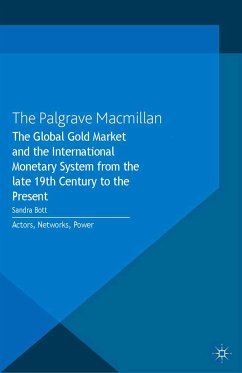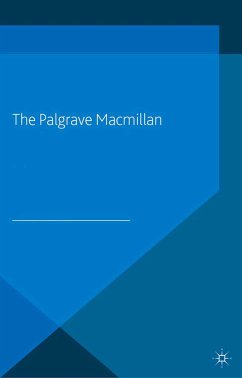In Japan, the APR has often been violated legally by courts and some governmental acts. Examples from the 1990s involve legal abuse in the form of short-term tenancy protection (tanki chinshaku ken) and political intervention in the liquidation of Housing Loan Companies, or Ju-sen. The Supreme Court of Japan has issued critical decisions leading to serious violations of APR in the early 1990s. Evidence provided here supports theoretical results. Empirical testing for a significant difference in banking behavior before and after the Court decision using data from Japanese firms in the 1980s and 1990s found that theoretical arguments were empirically supportable in the last half of the 1980s and through the 1990s. Finally, based on their analysis, from the theoretical point of view the authors consider the optimal legal scheme to achieve the best assessment of initial and additional lending in light of the legal reform of the 2000s.
Dieser Download kann aus rechtlichen Gründen nur mit Rechnungsadresse in A, B, BG, CY, CZ, D, DK, EW, E, FIN, F, GR, HR, H, IRL, I, LT, L, LR, M, NL, PL, P, R, S, SLO, SK ausgeliefert werden.

